Analysis of Approaches to the Impact of Internet Com-munication on the Individual: Trends and Factors
https://doi.org/10.17721/2522-1272.2022.80.2
UDC 007:316.61
Hanna Sukharevska, PhD (social communications) National University of Water and Environmental Engineering
Corresponding author’s e-mail address: info.sann@gmail.com
https://orcid.org/0000-0001-8938-7915
ABSTRACT
The objective of the study is to determine the available approaches to the impact on the indi-vidual of network communication. Due to impact of online multimedia on public communica-tion the vector of communicative acts was reoriented in the direction of local groups, the sector of private interests and hobbies. As a result, a numerous communication platforms were formed. The social cyberspace community is a form of social life of people, which for the first time in human history has a global, supranational, supra-class and supra-political character. The article analyzes the changes that occur with the network users‟ mentality and their consciousness. The effect is further enhanced by the fact that it is often in tune with their psychological needs and aspirations. In other words, there is a shift of emphasis from analytical activity in favor of search activity.
Research methods. An analytical approach was used in the research that makes it possible to compare the existing knowledge obtained as a result of individual empirical studies and the modern theoretical ideas about the specifics of Internet space. The article rethinks the factor of the actor‟s communication role in the network, as well as the factors of its transformation and personality modeling under the influence of network communication.
Research results. According to the analyzed views on transformation of consciousness due to the influence of network communication, it can be concluded that the changes in the mental model of the networks active user are primarily due to high levels of information saturation of the Internet, the ability to obtain information from many sources, the processes of inversion and destruction of temporal structures as well as the possibility of playing virtual scenarios of nega-tive events related to such themes as evil, death, poverty, etc.
The specifics of mental models of views of the world for the active Internet users are also a large number of decentralized and idealistic models of the world, which focus on remote real-world objects and a significant tendency to escapism.
KEYWORDS: internet communication; user personality; internet addiction.

